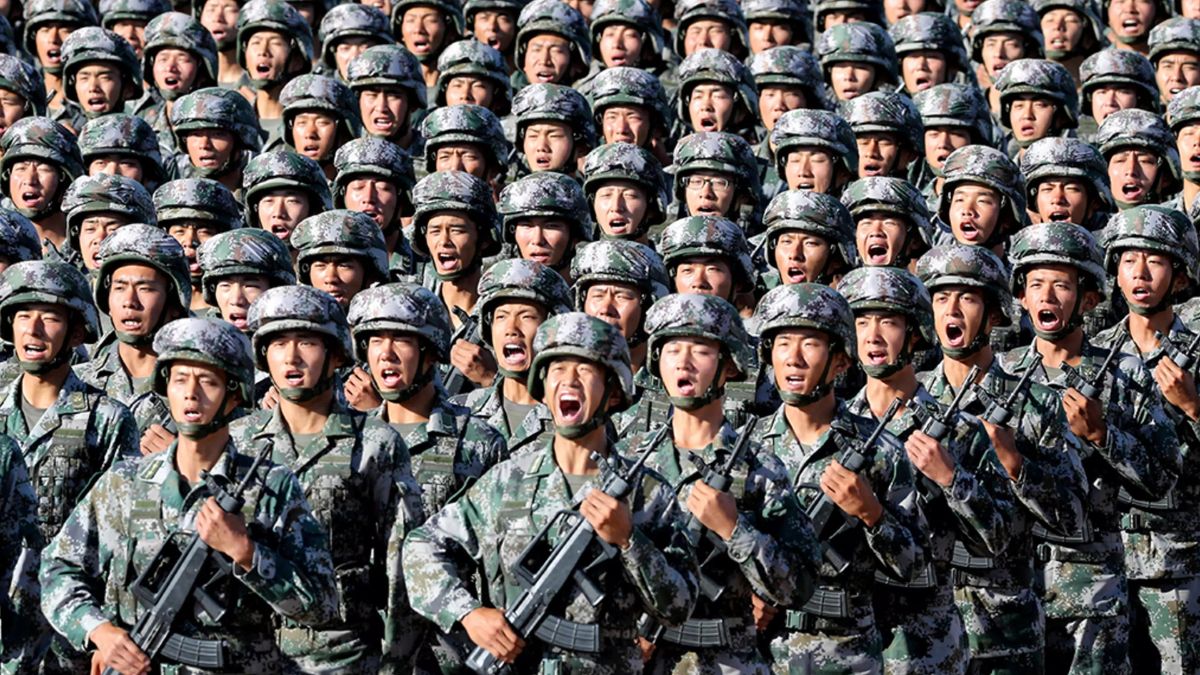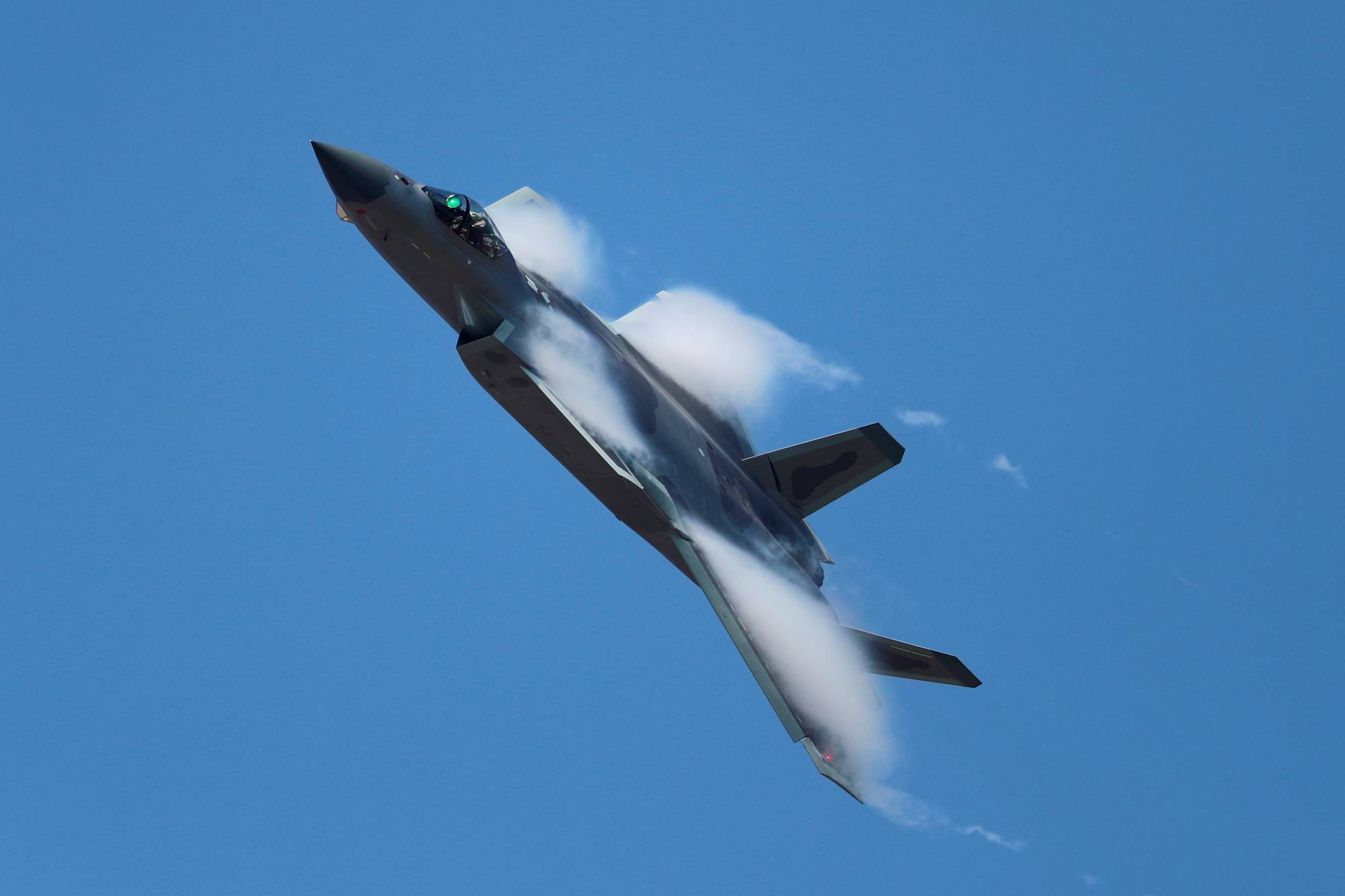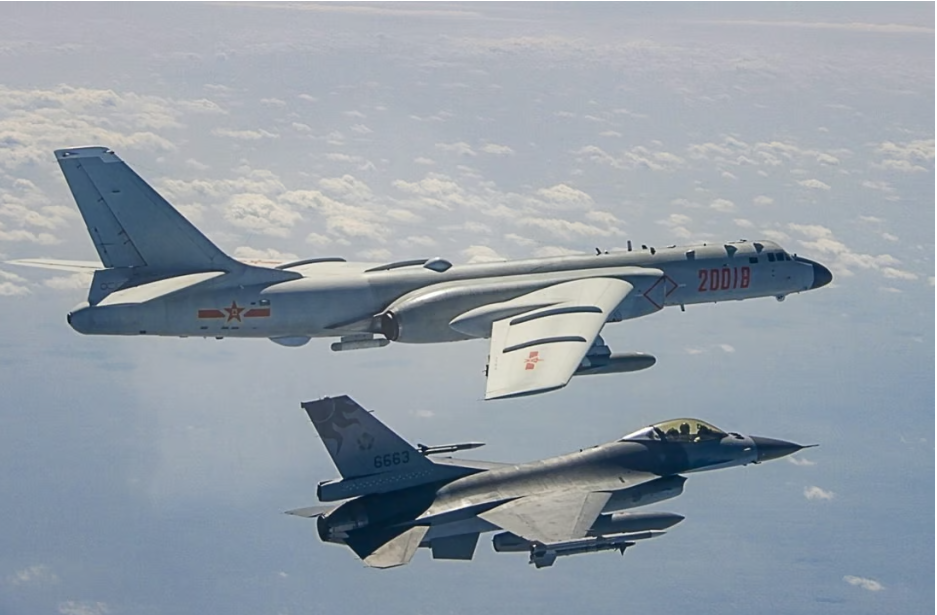In the ever-changing world of technology and retai...
news-extra-space

 A J-20 stealth fighter jet of the Chinese People's Liberation Army (PLA) Air Force performs at the China International Aviation and Aerospace Exhibition, or Airshow China, in Zhuhai, Guangdong province, China November 9, 2022. China Daily via REUTERS ATTENTION EDITORS - THIS IMAGE WAS PROVIDED BY A THIRD PARTY. CHINA OUT.[/caption]
China has not only set a goal of dominating AI by 2030; Beijing has also adopted a military-civilian fusion strategy to get there. By removing boundaries between China's civilian research and commercial sectors and its military and defense industrial sectors, this strategy has allowed the nation to accelerate defense advances.
The outcomes are startling. According to Stanford University's most recent AI Index Report, China already produces the majority of the world's top AI experts and is home to the top nine institutions in the world for publishing papers on AI.
Moreover, among the top 10 corporations performing AI research are said to include Tencent Holdings, Alibaba Group Holdings, and Huawei Technologies.
According to Stanford's Institute for Human-Centered AI, Chinese professionals publish 27.5% of all AI journal publications worldwide, compared to 12% by American researchers.
[caption id="attachment_165637" align="aligncenter" width="937"]
A J-20 stealth fighter jet of the Chinese People's Liberation Army (PLA) Air Force performs at the China International Aviation and Aerospace Exhibition, or Airshow China, in Zhuhai, Guangdong province, China November 9, 2022. China Daily via REUTERS ATTENTION EDITORS - THIS IMAGE WAS PROVIDED BY A THIRD PARTY. CHINA OUT.[/caption]
China has not only set a goal of dominating AI by 2030; Beijing has also adopted a military-civilian fusion strategy to get there. By removing boundaries between China's civilian research and commercial sectors and its military and defense industrial sectors, this strategy has allowed the nation to accelerate defense advances.
The outcomes are startling. According to Stanford University's most recent AI Index Report, China already produces the majority of the world's top AI experts and is home to the top nine institutions in the world for publishing papers on AI.
Moreover, among the top 10 corporations performing AI research are said to include Tencent Holdings, Alibaba Group Holdings, and Huawei Technologies.
According to Stanford's Institute for Human-Centered AI, Chinese professionals publish 27.5% of all AI journal publications worldwide, compared to 12% by American researchers.
[caption id="attachment_165637" align="aligncenter" width="937"] Image credit : South China Morning Post[/caption]
Beijing's quest for technological hegemony, though, goes beyond AI. According to a recent report by the Australian Strategic Policy Institute, China is outperforming Western democracies in terms of research output in 37 of the 44 technological fields that are deemed essential for both economic growth and military power. These fields include space, robotics, energy, the environment, advanced materials, and key areas of quantum technology.
As a result, researchers like Amy J. Nelson, a Brookings Institution expert on emerging technologies, have stated that overall, the U.S. and China are already "neck and neck in technological innovation as best we can measure."
How these technologies will be put to use is crucial, she claims.
[caption id="attachment_165642" align="aligncenter" width="849"]
Image credit : South China Morning Post[/caption]
Beijing's quest for technological hegemony, though, goes beyond AI. According to a recent report by the Australian Strategic Policy Institute, China is outperforming Western democracies in terms of research output in 37 of the 44 technological fields that are deemed essential for both economic growth and military power. These fields include space, robotics, energy, the environment, advanced materials, and key areas of quantum technology.
As a result, researchers like Amy J. Nelson, a Brookings Institution expert on emerging technologies, have stated that overall, the U.S. and China are already "neck and neck in technological innovation as best we can measure."
How these technologies will be put to use is crucial, she claims.
[caption id="attachment_165642" align="aligncenter" width="849"] Image credit : Simplilearn[/caption]
“China is renowned for its data collection and thus algorithm development, which will likely define its advantage going forward,” Nelson said.
“The U.S. struggles to reach equivalence in this area, so if China’s data collection efforts make for a measurable improvement to its algorithms relative to U.S. ingenuity, China could take the lead.”
Image credit : Simplilearn[/caption]
“China is renowned for its data collection and thus algorithm development, which will likely define its advantage going forward,” Nelson said.
“The U.S. struggles to reach equivalence in this area, so if China’s data collection efforts make for a measurable improvement to its algorithms relative to U.S. ingenuity, China could take the lead.”
Leave a Reply






